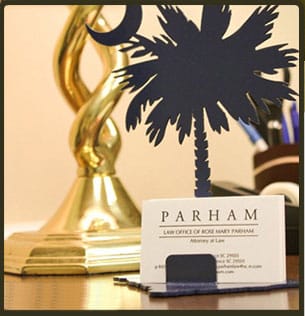Shoplifting may be a crime that Charleston residents dismiss as being only a juvenile issue. However, the state’s laws regarding this offense cover several different scenarios, many of which adults may participate in. If you have been charged with shoplifting, you may want to understand what penalties you could face, as well as whether or not your actions justified being accused of such a crime.
How do South Carolina’s state statutes define shoplifting? It can include any of the following actions:
- Concealing an item (either on your person or in another area of a store) with the intent of taking it without paying.
- Altering a sales tag or bar-code (or assisting a store employee in doing so) in order to pay less than the full retail price for the item.
- Transferring an item from one retail container or display to another in an attempt to pay a reduced price.
You should know that you do not necessarily have to make it out of the store with the item in order to be charged with shoplifting.
If you are accused of stealing a retail item that is valued at less than $2,000, you could face a misdemeanor charge resulting in a fine of up to $1,000 and imprisonment for up to 30 days. Anything valued higher than $2,000 could leave you facing felony charges.
If you are found moving items from one area of a store to another, the law permits for store employee and law enforcement authorities to presume you are doing so in order to steal them. The same holds true if unpurchased items are found amongst your belongings. However, such presumptions do not qualify as proof, you may be able to combat them by presenting information and evidence explaining your actions.


